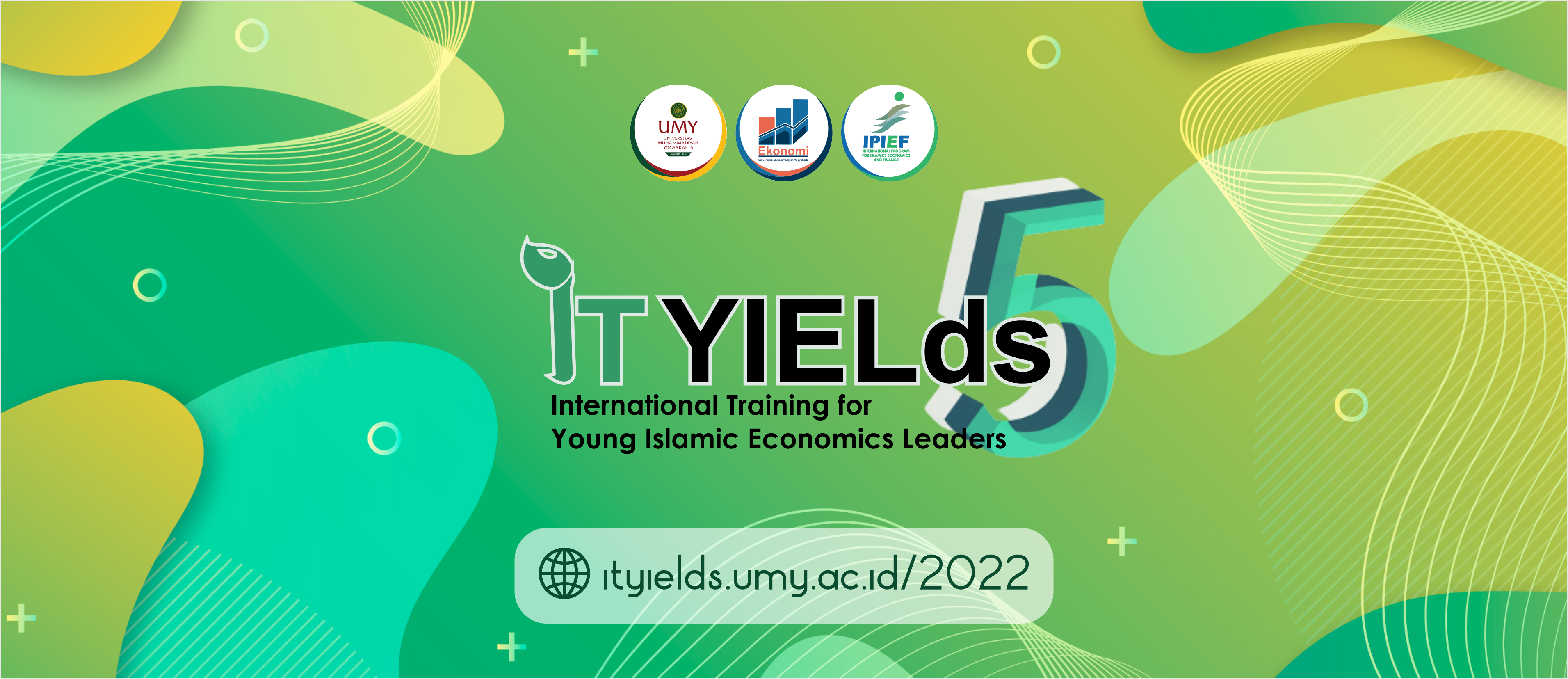
This program is intended to foster leadership development, knowledge enhancement, and interaction among academics, practitioners, and regulators on a variety of economic issues, both from an Islamic and conventional perspective.
Prior to the pandemic, the creative industry was booming and creating new jobs in every corner of the world, with the creative sector anticipated to account for up to 10% of global GDP by 2030. The recession has brought this extraordinary rise to a halt, exposing the fragility of an industry characterized by microbusinesses, informal labor practices, and a scarcity of physical assets. Lockdowns have also emphasized the critical role of cultural and creative activity in sustaining individual and societal well-being and resilience.
Our argument is not that the creative sector needs state assistance to re-establish its previous growth rate. It does, however, necessitate governments and multilateral organizations to recognize and address limits and regulatory institutions that have not kept pace with the sector’s rapid expansion. Another objective is to address the evident asymmetry between the expanding power of multinational digital platforms and those who have created the majority of the content that underpins their wealth.
At the United Nations General Assembly’s 74th session in 2019, the United Nations General Assembly named 2021 the International Year of Creative Economy for Sustainable Development. Indonesia spearheaded the plan, which was offered by a worldwide coalition of countries including Australia, China, India, Indonesia, Mongolia, the Philippines, and Thailand.
The proposal acknowledged the need of promoting sustained and inclusive economic growth, fostering innovation, and ensuring equal access to opportunities, benefits, and empowerment for all, while also respecting all human rights. Additionally, it recognized the continuous need to assist poor countries and economies in transition in diversifying their production and exports, especially through emerging sustainable growth sectors, such as creative industries.
It encourages all to observe the year by national priorities to raise awareness, foster cooperation, and networking, facilitate the sharing of best practices and experiences, strengthen human resource capacity, foster an enabling environment at all levels, and address the creative economy’s challenges.
In light of the foregoing, the 5th International Training for Young Islamic Economics Leaders (IT-YIELds) will focus on the topic of “Creative Economy and Sustainable Development Goals.” The concerns would be discussed in a variety of courses provided throughout the curriculum. Several national and international specialists from various countries will be invited to discuss their expertise and experience in connected fields.